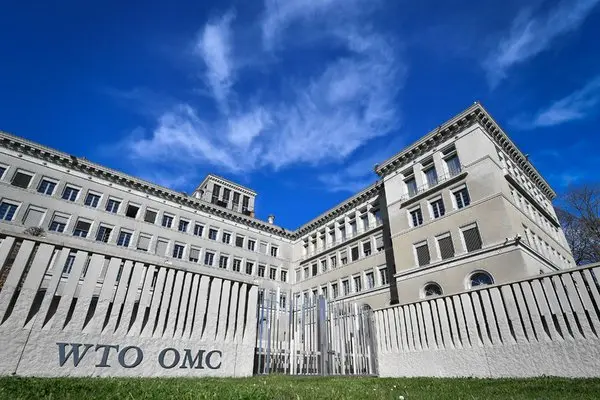Apple faces a potential setback in a long-standing tax dispute with the European Union as an adviser to Europe’s top court has asserted that the European Union (EU) tribunal made legal errors in a previous ruling and recommended that the case be reviewed. This development has raised questions about a $14 billion tax order that the EU had imposed on the tech giant.
In 2016, the European Commission alleged that Apple had benefited from two Irish tax rulings over more than two decades. These rulings had artificially reduced Apple’s tax burden to as low as 0.005% in 2014. The EU’s contention was that these tax arrangements constituted illegal state aid.
However, in 2020, the EU’s general court ruled in favor of Apple, stating that regulators had failed to meet the legal standard required to demonstrate that Apple had received an unfair advantage through these tax arrangements.
Advocate General Giovanni Pitruzzella, an adviser to the European Court of Justice (CJEU), has now challenged the general court’s ruling. Pitruzzella suggested that the CJEU judges should set aside the general court’s judgment and send the case back to the lower tribunal for a fresh review.
Pitruzzella stated, “The judgment of the General Court on ‘tax rulings’ adopted by Ireland in relation to Apple should be set aside.” He further highlighted that the general court had made errors in law and failed to accurately assess the substance and consequences of methodological errors identified by the European Commission in the tax rulings. He emphasized the need for a new assessment by the General Court.
The CJEU is expected to issue its ruling on this matter in the coming months. Apple and Ireland had appealed the previous decision, and the funds amounting to €14 billion were held in an escrow account, pending the outcome of the case.
An Apple spokesperson quoted by Reuters expressed gratitude to the court and underscored that the General Court’s previous ruling had made it clear that Apple did not receive selective advantage or state aid. The spokesperson maintained that this interpretation should be upheld.
The tax dispute against Apple is part of the EU’s broader antitrust efforts, led by Margrethe Vestager, the EU antitrust chief. These efforts involve investigating deals between multinational companies and EU countries that regulators perceive as providing unfair state aid. The outcome of the Apple case will likely have implications not only for the tech giant but also for the broader landscape of taxation and antitrust enforcement in the European Union.
The potential setback for Apple underscores the complexity and significance of international tax disputes, especially when they involve multinational corporations and government authorities. The final ruling by the CJEU will be eagerly awaited, as it could have far-reaching consequences for the tech industry and beyond.














